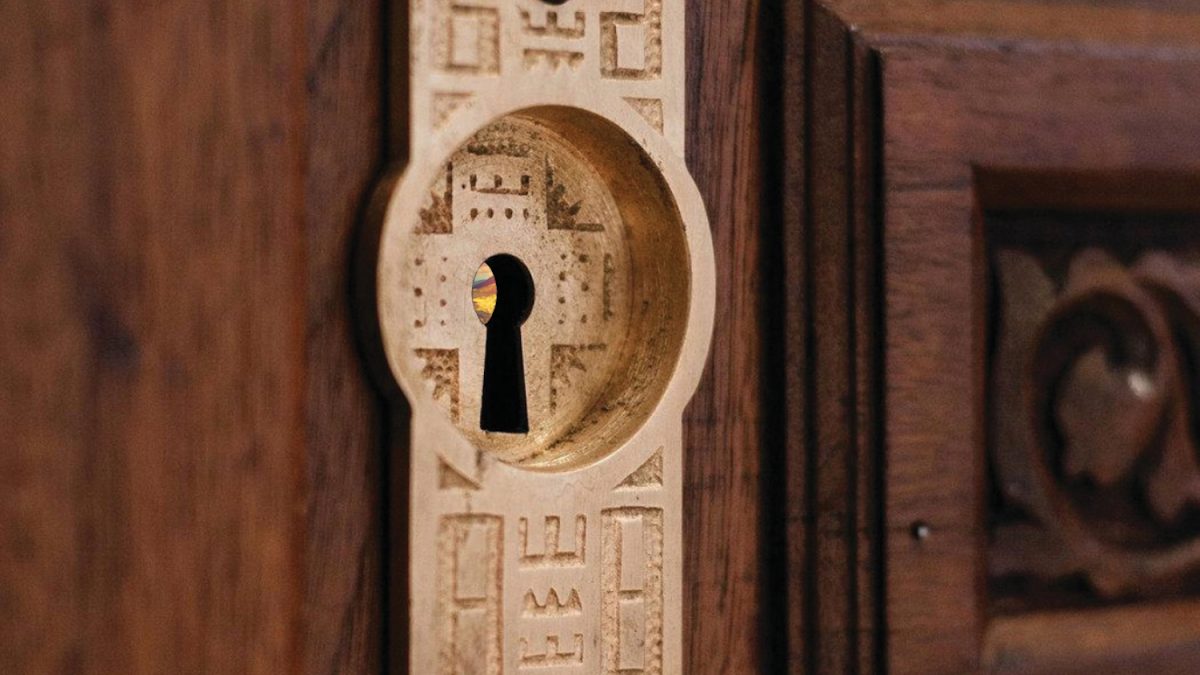Keywords
{A Written Practice}
Keywords
A DEEP CORE PRACTICE
About 25 years ago, I realized that many of the experiences I was having, particularly those that related to internal experiences, weren't nameable in the English language. The philosopher Ludwig Wittgenstein said, "The limits of my language mean the limits of my world." So a language that didn't allow me to describe and share my experiences was a map that was incomplete. A lexical gap is a hole in a language: a place where there's a missing concept. We know of these gaps because a fully developed word for the concept is present in another language that is missing in our own. For the past 25 years, we have been studying gaps in the English language, through an exploration of cultural linguistics. Our book on this subject, Keywords, is forthcoming, and the poster on Connection Phenomenology in the store maps 36 of these words from 17 different languages, including the Yiddish word kishkes, for a knowing that comes from the guts, the Korean word nunchi, which refers to our ability to accurately discern the emotions of others, the Dutch word gezellig, for a certain kind of cozy that makes us feel warm and at home, and the Swedish word mangåta, which describes the road-like reflection of a full moon on water. Each of these words refers to something either in our internal or outer word that deserves to be named, yet all are missing from the English language. Interestingly the missing words seem to cluster in particular areas: descriptions of internal states, descriptions of non-cognitive ways of knowing, descriptions of inter-dependence and inter-being, or relationship, and descriptions of phenemena in the living world. When we begin to realize the way that our language falls short, it opens the doorway of the mind,
Our studies of indigenous language are of particular importance because many indigenous languages are verb-based. In many indigenous languages, a tree is a verb. The sky is a verb. God is a verb. One of our mentors at the cutting edge of neuro-fascial science (fascia is the biological fabric that envelops the body, just beneath the skin), Karin Locher, told us recently that cancer is a verb. In this awareness, at the leading edge of medicine, she brings us back to a knowing that is deeply ancestral. Everything is a process in becoming. We, in English, treat the world as if it is made of solid things, but 100 years ago our own science of quantum mechanics explained to us that it isn't so. We just don't understand our own science.
What does it mean to speak a living language? What does it mean to speak a language mediated not by cognition, not by the head, but by direct felt experience? The Japanese word in our logo, beneath the enso (the zen circle) is kotodama, which means, "The spiritual interior of the word." This word recognize that language itself is a vibratory phenomena, that it carries within it intent, energy, and power. Part of what this means is that everything we say is calling something to us.
This is important to realize, because many of us speak in ways that harm ourselves and one another, spend a great deal of time talking about what we don't want, and lie. Anytime we lie, we lie not only to who we are addressing, but to ourselves. We are deceived. Take note, Mr. Trump. The changes coming in the world now will not be driven by politics, but by the hearts of the people. Our advisor Unangan elder Ilarion Merculieff reminds us, "If we focus on what we dream this world to be, that will become the reality." Use your words wisely, my friends, to call the world your heart yearns for into being.


